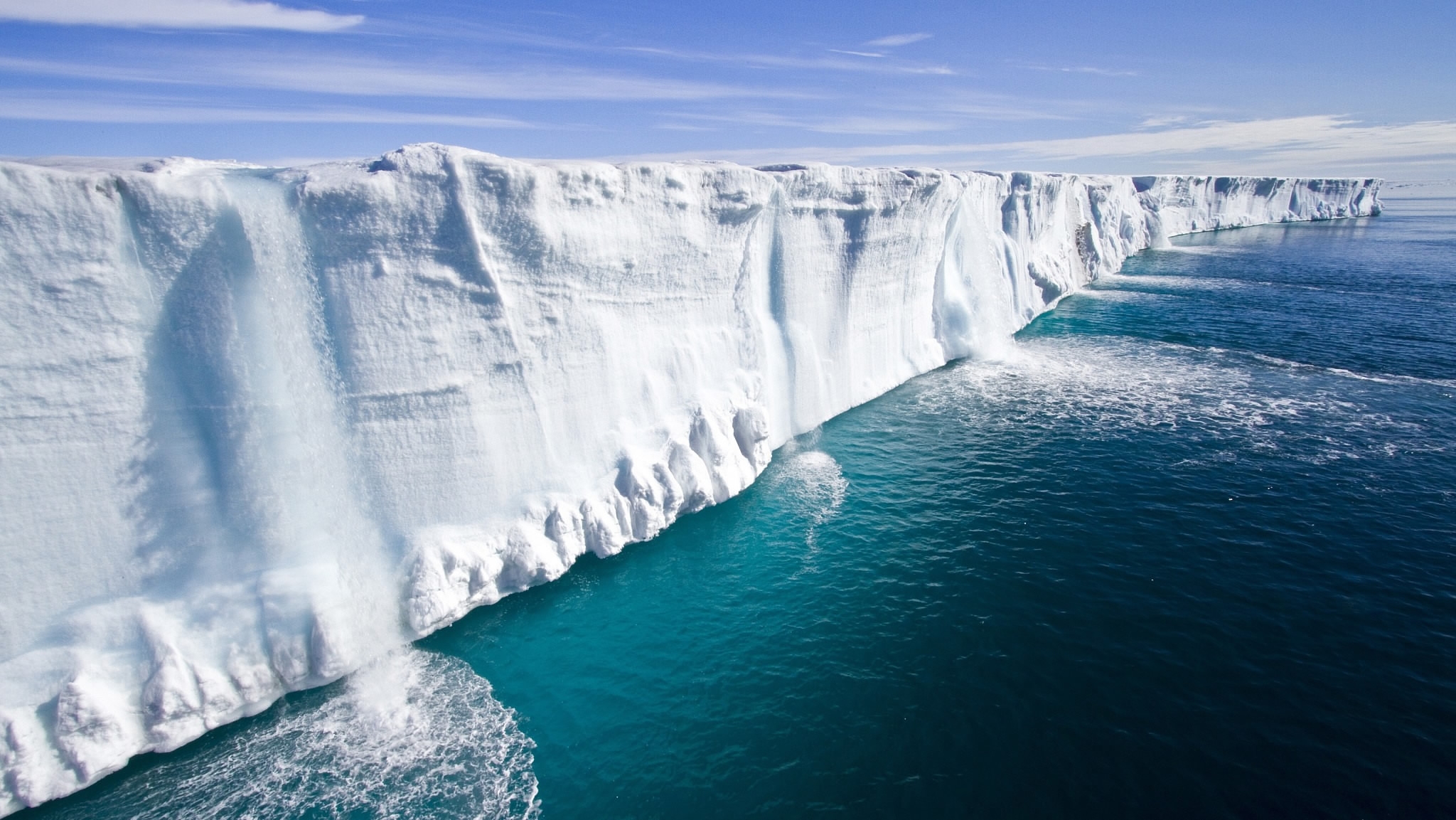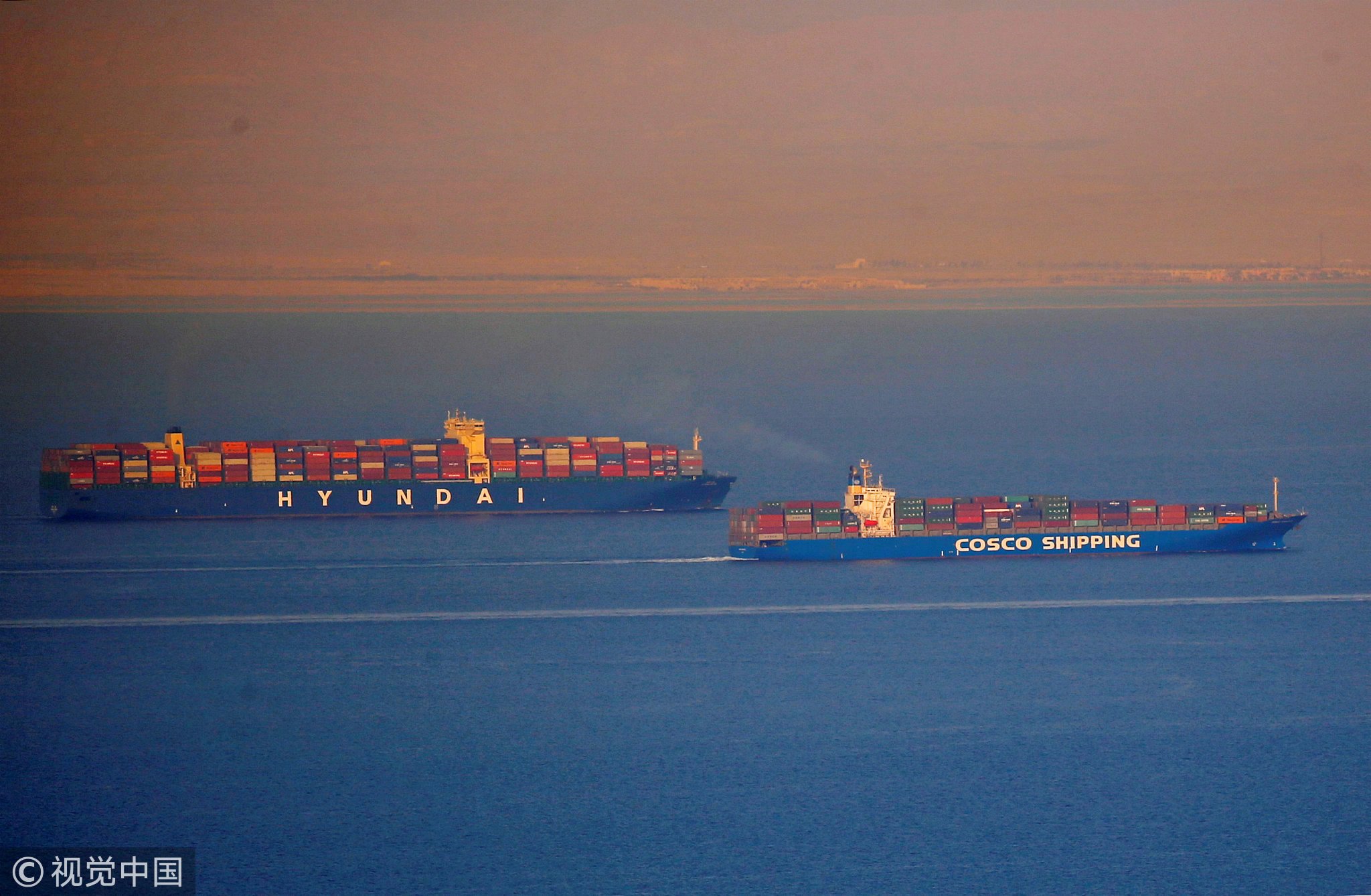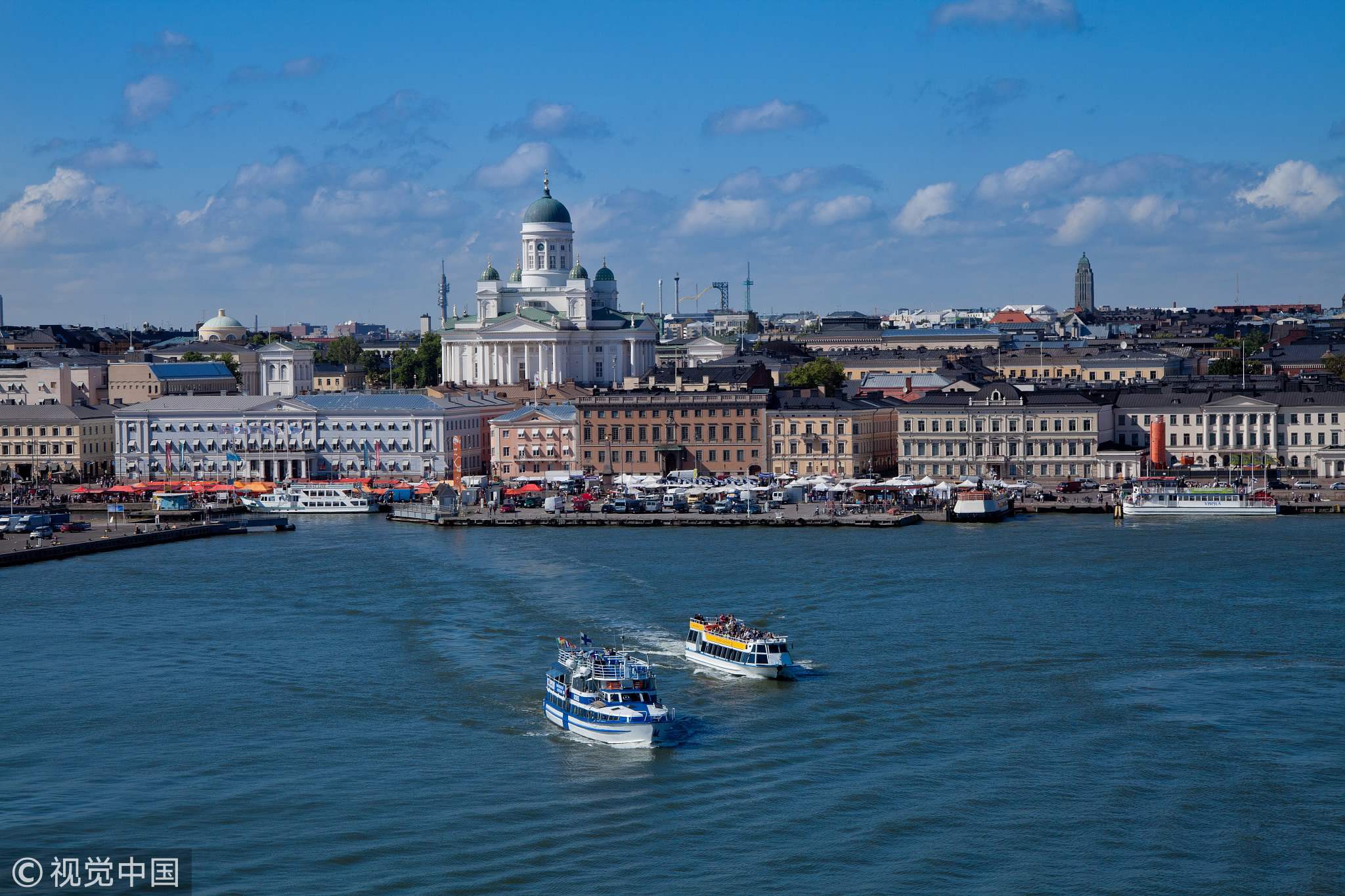
Opinions
22:53, 20-Mar-2018
Opinion: Arctic Corridor makes 'Ice Silk Road' a reality
Guest commentary by Cui Hongjian

China's Belt and Road Initiative (BRI) has caused a new international term to be christened by its leaders, and the leaders of distant Finland and Norway: the so-called "Arctic Corridor." According to its design, once completed, it will be the shortest, most direct route to transport goods between Asia and Europe. By then, the BRI will be bestowed with a practical dimension beyond land, sea and air: It will be a Silk Road on the ice. A more convenient trade channel will greatly stimulate the potential of Sino-European trade development as well as change the future eco-geography of Europe.
Europe has always been considered an important partner in the BRI framework since Chinese President Xi Jinping rolled out the initiative in 2013. Enhancing connectivity and cooperation between China and Europe is not only a renaissance of the ancient Silk Road but also a reflection of the huge potential of cooperation between two parts of Eurasia. The total trade volume between Europe and China reached 661 billion US dollars in 2017.

April 24, 2017: Shipping containers of China Ocean Shipping Company and Hyundai cross the Gulf of Suez toward the Red Sea before entering the Suez Canal, in El Ain El Sokhna in Suez, east of Cairo, Egypt. /VCG Photo
April 24, 2017: Shipping containers of China Ocean Shipping Company and Hyundai cross the Gulf of Suez toward the Red Sea before entering the Suez Canal, in El Ain El Sokhna in Suez, east of Cairo, Egypt. /VCG Photo
However, Sino-European economic exchange still has great potential to tap, such as more mutual trade and investment through closer connectivity and more diversified channels. More than 90 percent of the current Sino-European trade has been going through the Suez Canal. Nordic countries, notably Finland and Norway, have to spend more time and money trading with the Asian market. Once the Arctic Corridor is completed, cargo ships from Asia will be able to cut their journey times by circumventing the Suez Canal and simply dock in northern Norway on the shores of the Arctic Ocean. It is particularly important for Nordic countries waiting for opportunities to promote raw materials and fishery products to the Asian market. On this basis, trade and investment between China and Nordic countries will gain greater room for further development.
After the Arctic waterway revealed its enormous economic value, how to better develop this waterway has become a major concern of Nordic countries. In addition, in the framework of the BRI, China has also noted the importance of participating in Arctic cooperation. In the white paper on “China's Arctic Policy” published in January, China promised to actively participate in and maintain reasonable, scientific and sustainable development in the Arctic region. Given wide common interests and mutual trust, it is logical for China and Nordic countries to build up the "Silk Road on the ice" in joint efforts.

Helsinki, Finland /VCG Photo
Helsinki, Finland /VCG Photo
Such cooperation will have a huge impact on the existing Sino-European economic and trade patterns and the geo-economic structure of Europe. More connectivity between China and the Nordic countries will not only bring growth in Sino-European trade and investment in quantity, but also enhance the quality of cooperation and create a more balanced distribution of regional trade. From the perspective of Nordic countries, close cooperation with China and the wider Asian area will also bring about changes to the European geopolitics, just as Risto Murto, deputy director-general of the Networks Department of the Finnish Ministry of Transport and Communications put it, "When we think of the new corridors to China, we are in the middle between Europe and Asia. Finland is not an island anymore. We look at our geopolitical position in a whole new way."
Changes in the geo-economic landscape will indeed precipitate certain changes in geopolitics. However, this is not the deliberate pursuit of China’s BRI. In the principle of strengthening Asian-European connectivity and promoting win-win cooperation, China is willing to cooperate with any European country that has sincere plans and specific plans. Inspired by the “Arctic Corridor” project, other European countries can fully utilize their own location and industrial advantages and propose more creative cooperation projects. As long as China and Europe have more geo-economic cooperation that benefits both peoples, we will avoid any geopolitical changes that may cause uncertainty.
(The author is the director and a senior fellow with the Institute of European Studies under China Institute of International Studies. The article reflects the author's opinion, and not necessarily the views of CGTN.)

SITEMAP
Copyright © 2018 CGTN. Beijing ICP prepared NO.16065310-3
Copyright © 2018 CGTN. Beijing ICP prepared NO.16065310-3